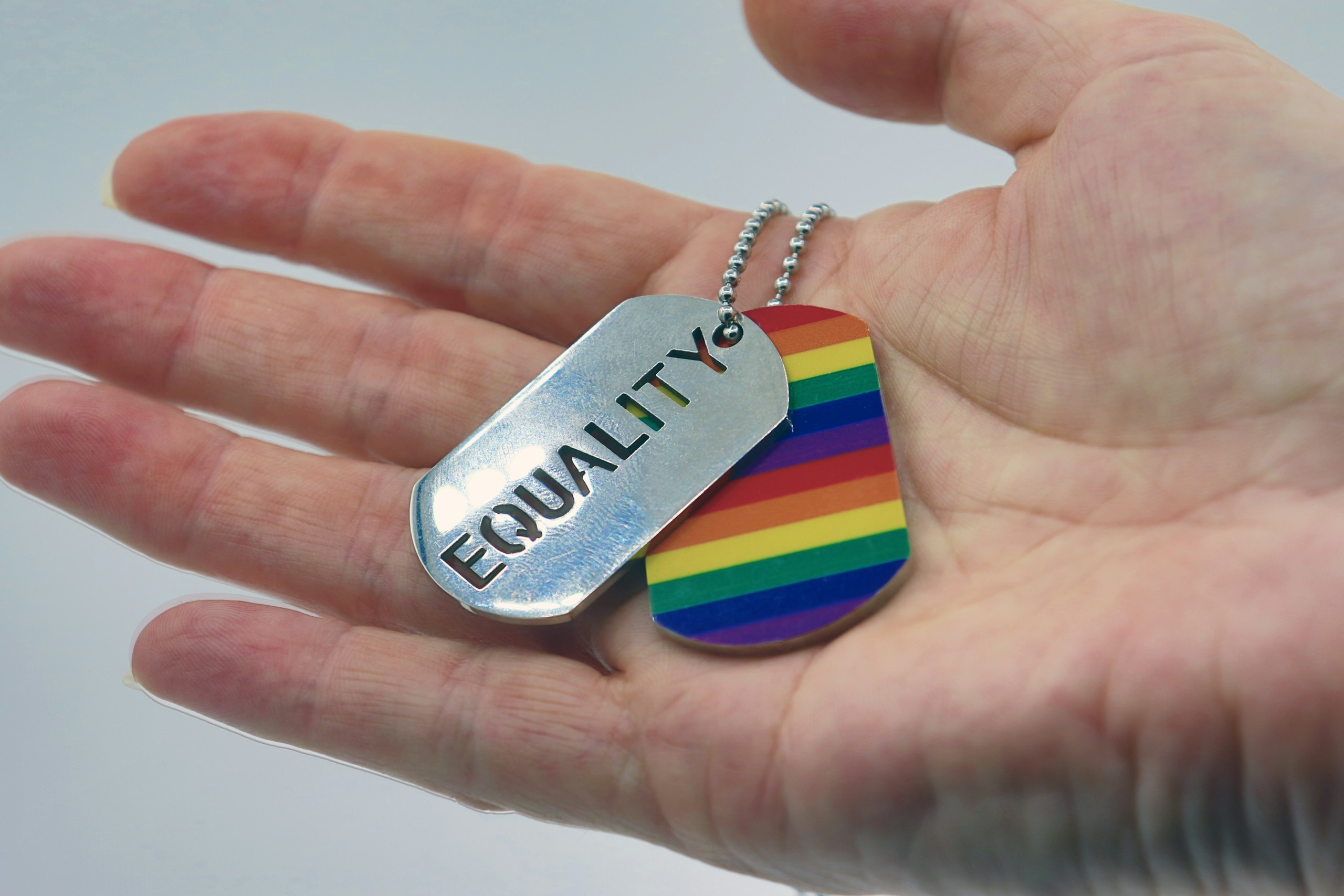We all know how lousy it feels to feel shut out and separated from those around us. Many of us have the experience in our youth of being picked last for a team, of being begrudgingly allowed to join, or of not being accepted by the kids we admired. These are common, youthful (or adult!) experiences, and in these experiences, there’s a chance to learn, grow, and gain perspective. In small doses, these experiences can “toughen us up,” as many people might say. But these experiences are only growth opportunities when they are in small doses. In small doses, the challenges of society do not deny the reality that belonging is a birthright.
When I say belonging, I mean a sense of being allowed to exist, to contribute, and to know that you are part of something larger. For too many LGBTQIA+ folk, their entire identity and existence is denied. For too many, this sense of rejection is pervasive at home, at school, at work, or simply walking down the street. If someone constantly receives the message “I don’t believe that your reality exists, so I don’t have to treat you like you’re a member of society (or this family),” there is no opportunity for “toughening up.” Instead, it becomes a battle for survival.

In Dan Siegel’s newest book, Intraconnected, he digs deeply into this idea. With his extensive scientific background, Dr. Siegel examines the ways we struggle with ideas of individuality and interconnectedness, and how this affects the way we treat ourselves, each other, and the planet. It gets pretty deep pretty quickly, but there are some great takeaways that can be mentioned here.
On page 232, he says, “Being connected in a healthy, positive way – what we are denoting as a state of acceptance and kindness in membership using the simple term “belonging” – is one of the most robust predictors of our well-being. Belonging is a birthright, not a luxury. In belonging, we retain our unique, individual features while being connected – we join, we are part of, we gain membership, we become a “we” without losing the “me.” In these ways, the term “belonging” means the deepest facets of integrative joining – not merely fitting in or just going along to get along, and not losing our individuality under peer-pressure to become a part of a group.”
He also says, on page 112, that “[r]elationships are crucial in determining our brain’s growth as well as our sense of self, a center of our experience of being alive – our sensation, pertsective, and agency.” and on page 113: “[s]tudies have shown, for example, that the same region of the brain, the dorsal section of the anterior cingulate cortex, is activated with the experience of both somatic pain and social rejection.”
The takeaway here? Constant rejection hurts people like physical pain hurts people, and the denial of healthy relationships and attachments reduces future well-being of the shunned individual.
Dr. Siegel also says “Our human history of survival-based evolution leans us toward tribalism, [and f]or these evolutionary and survival-based reasons, or species has culturally evolved with practices of exclusion that externally tell us to what and to whom we can belong” (pg 232).
What does this mean? It means that, as a first reaction, it’s natural to feel safer and more comfortable when we are around the familiar, the “normal”, and the socially accepted. He also states that these are tendencies that we can push against. Our first reaction doesn’t have to determine our future acts, or our relationships with others.
It’s really hard to do this alone, however, and the struggle to work against those initial reactions is much, much more successful when there is support, safety, and, yes, togetherness.
If you’re struggling with your child’s gender identity (or the gender identity of anyone you care about), and you want them to have the best, brightest future possible, please contact me for a complimentary, 20 minute consultation. We can talk, you can let me know your challenges, and we can see if coaching can be a supportive way for you to move forward. You can also schedule with me at nurturelifecoaching.com.
Most of all, be kind to yourself, understand that we’re all subject to our brain chemistry, and there’s always a way to strengthen the “We” aspect of you and your child. I’m here to help!



